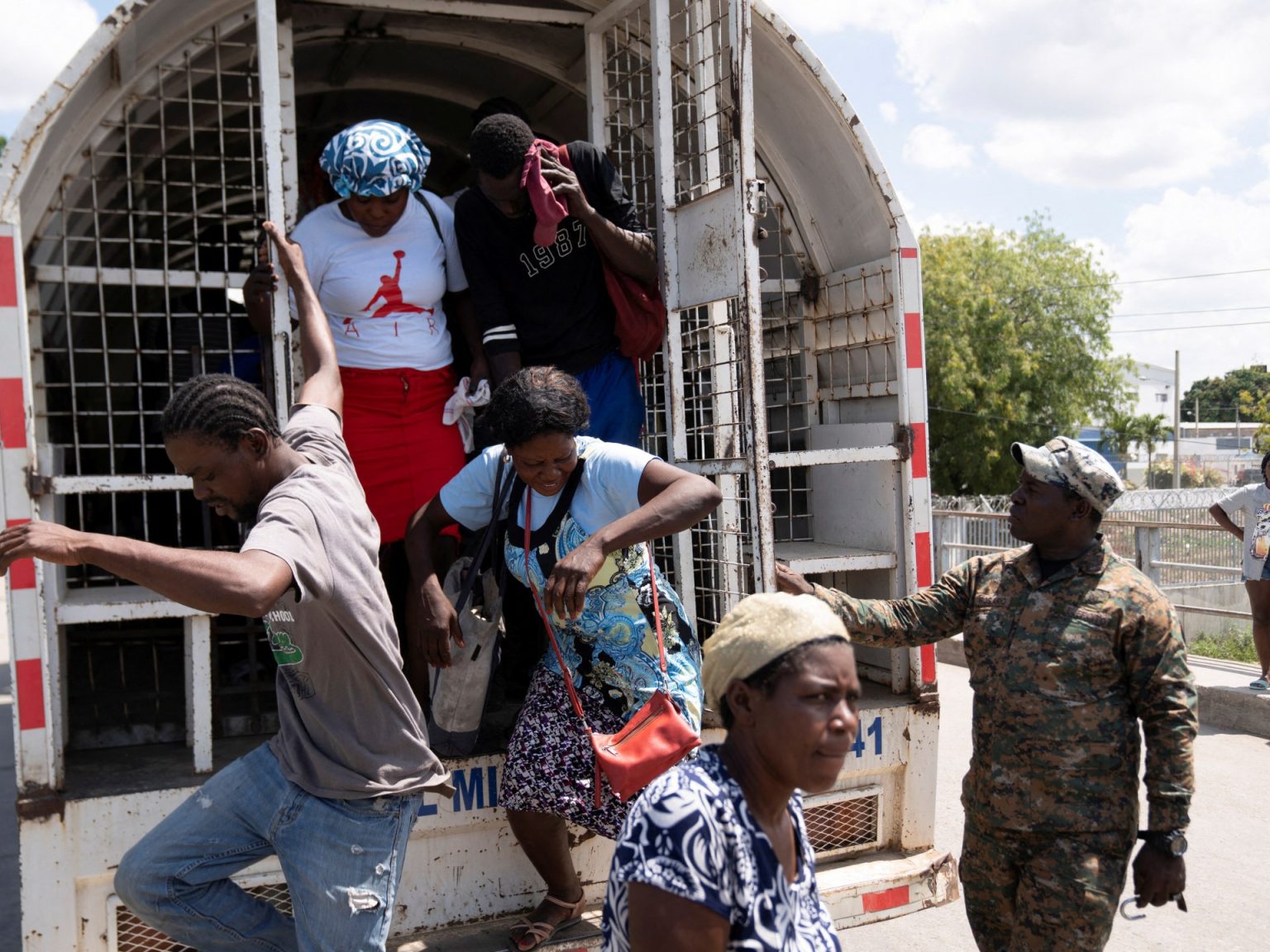The Dominican Republic recently announced plans to expel up to 10,000 Haitian migrants per week, despite calls from the United Nations to halt forced returns to Haiti due to a surge in gang violence in the country. The Dominican government cited the need to reduce excessive migrant populations in Dominican communities, with expulsions expected to begin immediately. This decision comes amid reports of over 3,600 people killed in Haiti in the first half of 2024 due to ongoing gang violence that has internally displaced more than 700,000 Haitians and left over 5.4 million people facing acute hunger.
The violence in Haiti has been escalating for years, with armed groups with ties to political and business leaders vying for control over territory. The situation took a turn for the worse in February when the gangs launched attacks on prisons and other state institutions in Port-au-Prince. Despite efforts by the UN-backed multinational police deployment, the gangs still maintain control over a significant portion of the capital city. The Dominican government attributes the decision to expel Haitian migrants to the perceived lack of progress in restoring stability in Haiti by the international community.
President Luis Abinader of the Dominican Republic has taken a hardline stance against migration from Haiti, expelling 250,000 undocumented Haitians in 2023. The plan to expel up to 10,000 migrants per week would more than double that number in a year, potentially exceeding the number of Haitians living in the Dominican Republic. This move has drawn criticism from rights groups who view it as a racist immigration policy that is part of a broader historical trend of anti-Haitian discrimination in the Dominican Republic.
Haitian migration to the Dominican Republic dates back to the early 20th century, with many Haitians living in the country for decades. However, concerns about the “Haitianisation” of Dominican society persist, leading to fear-mongering and allegations of racially profiling Black Dominicans in deportation efforts. Rights groups have highlighted instances where individuals with valid documents and even those born in the Dominican Republic have been deported, leading to the separation of families and accusations of persecution based on race.
The UNHCR has urged governments not to deport Haitians back to the country due to the escalating violence and instability. The agency has called for states to provide international refugee protection to Haitians in need and to refrain from forcibly returning individuals to Haiti, including those whose asylum claims have been rejected. Despite these calls, the Dominican Republic is moving forward with its plan to expel Haitian migrants, adding further strain to an already dire situation in Haiti. The ongoing crisis underscores the need for coordinated international efforts to address the root causes of instability in the region.













